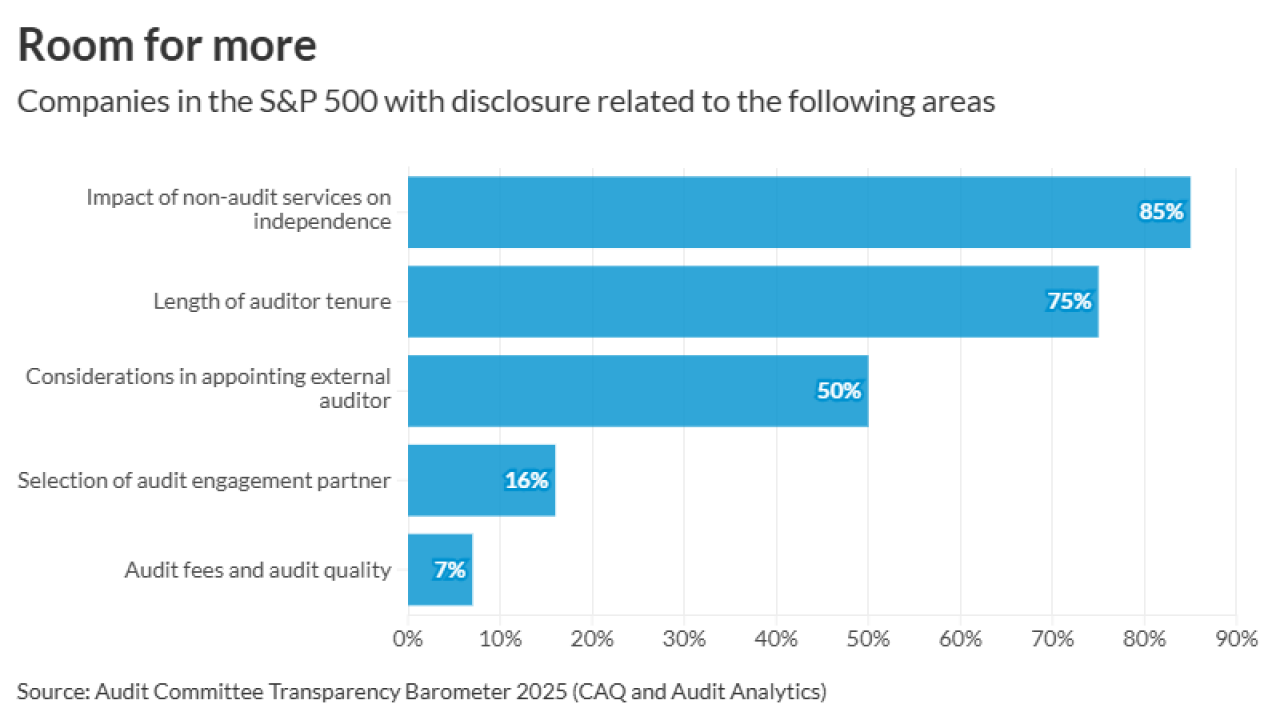The spreadsheet remains a persistent part of the accountant's toolkit, at least for smaller practitioners, despite the frustrations they can cause.
A survey from practice management solutions firm
However, don't mistake the prevalence for widespread approval. Professionals are not necessarily happy about this state of affairs. A comfortable majority, 58.7%, said that managing things with spreadsheets did not, in fact, improve their workflow. A sampling of comments regarding people's feelings about the old school accounting tool indicated that, overall, they are viewed as clunky and difficult to manage. Even those who approve of spreadsheets still tempered their praise with caveats like "we just have to remember to add new clients so we don't miss them."
"Spreadsheets are great when it's just one or two of you with a few clients. However, as your team and client base grows, you may find yourself spending more time on manual admin tasks rather than on the actual work that brings in revenue, visibility may become much more difficult, and hitting deadlines may become a hit or miss," said Financial Cents.
Despite multiple pronouncements over the years that spreadsheets are dying, considering their well-known issues, rumors of the tool's imminent demise seem to be gravely exaggerated (
Staying on target
The survey also went into the challenges that come with addressing workflow issues. It found that, when it becomes apparent there are problems in the workflow, 68% said they would set up new processes and 55.2% said they would buy dedicated workflow software. In either case, however, the majority of respondents, 59.2%, said their efforts only kind of worked.
The biggest reason why these efforts did not bear the expected return, at 34.6%, was the team simply slipped back into their old habits. The second biggest reason, at 26.9%, was not being able to decide which app to use, and 23% said it was because newly set up processes still need to be automated.
"In seeking a solution to workflow issues, focusing on just one thing will often not work. For example, for newly set up processes to work, you most likely have to train your staff and implement workflow software. You may also need to run regular follow-up training sessions to ensure your team continues to operate according to your newly set systems and processes," said Financial Cents.





